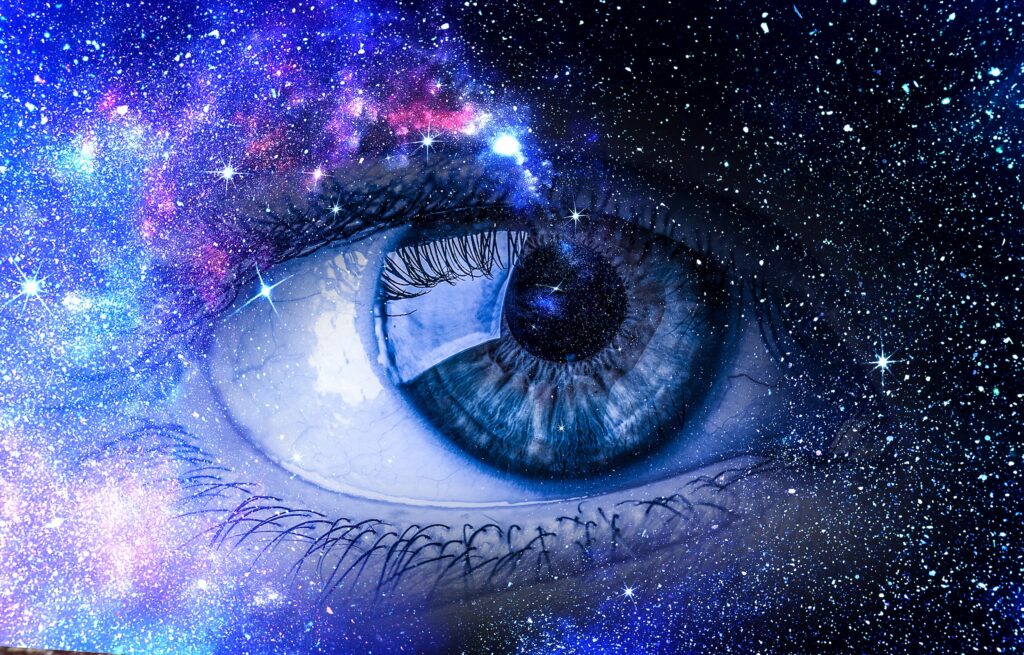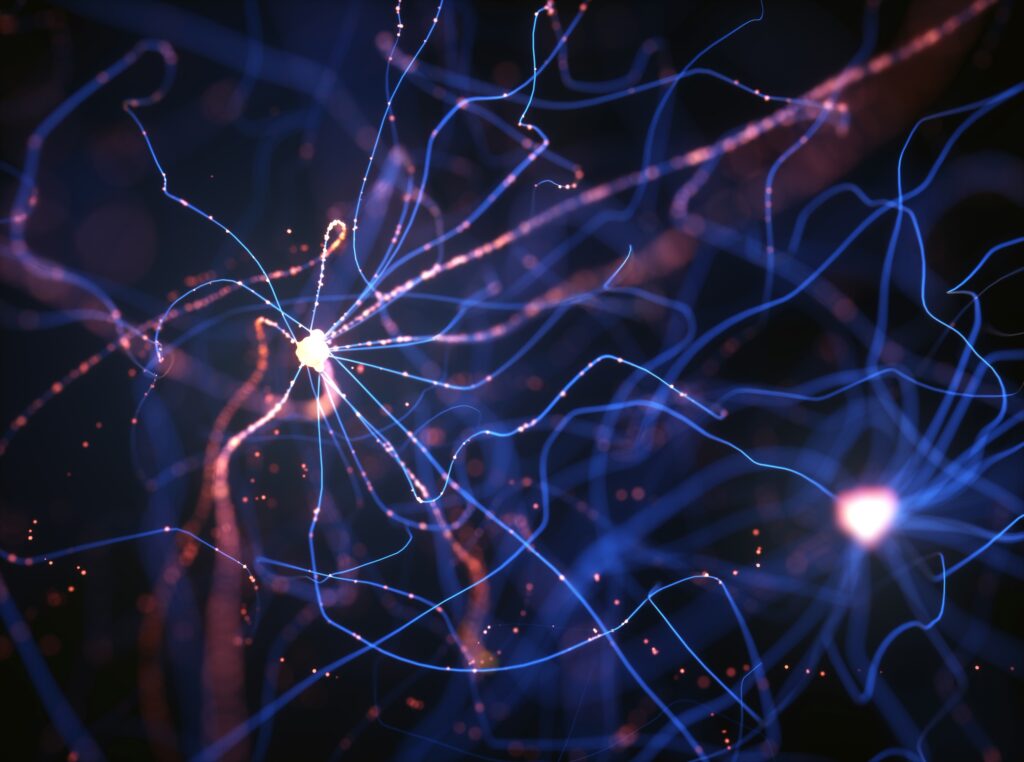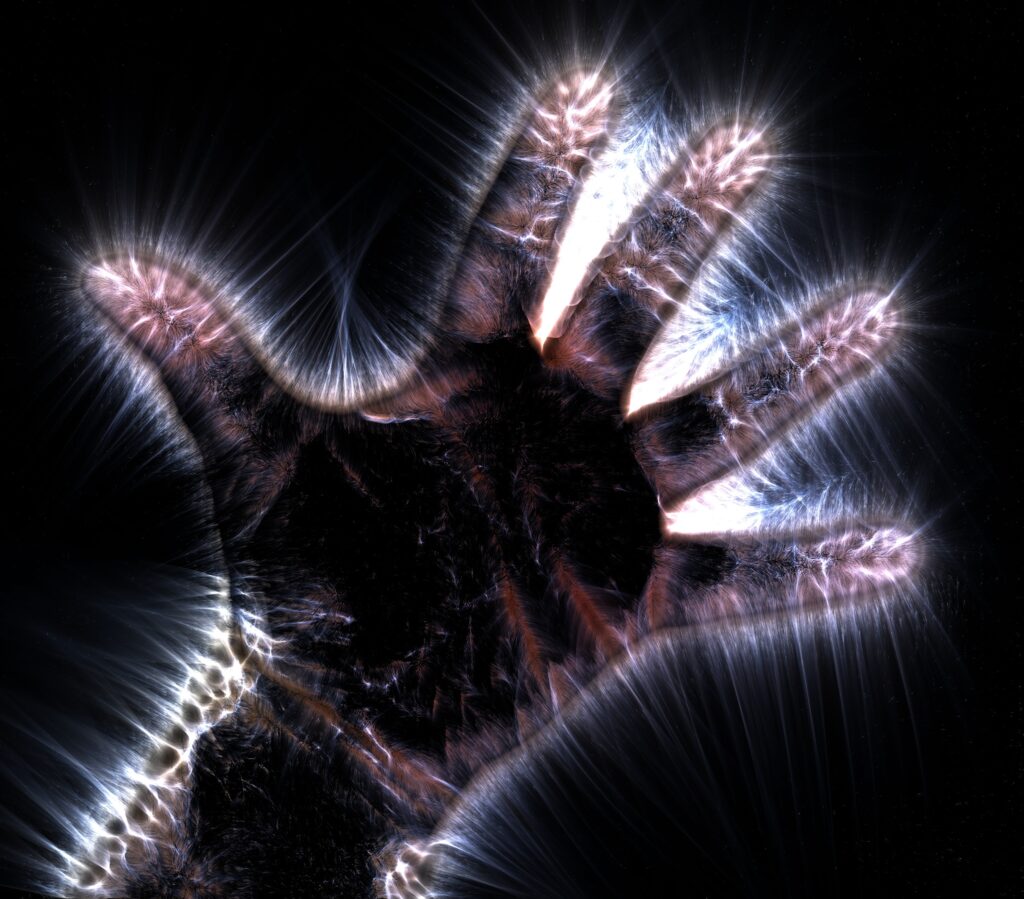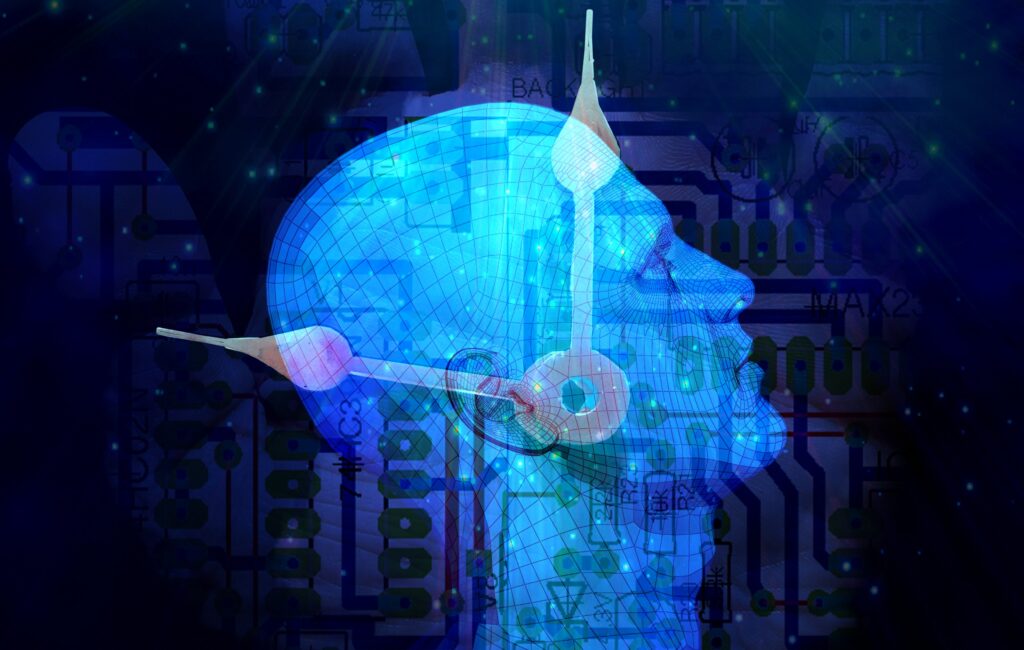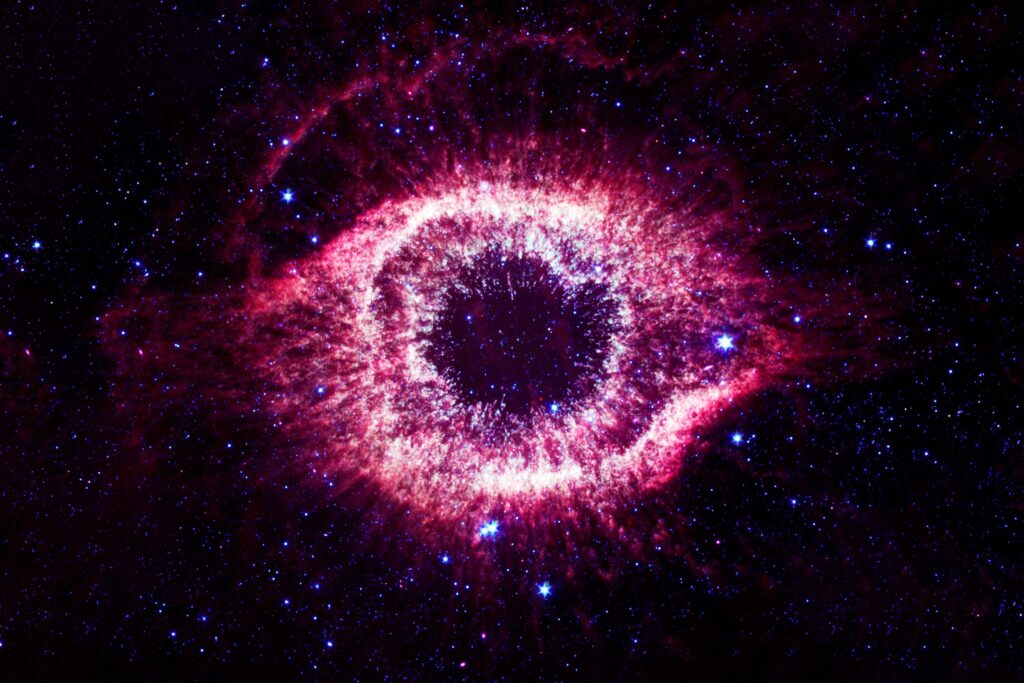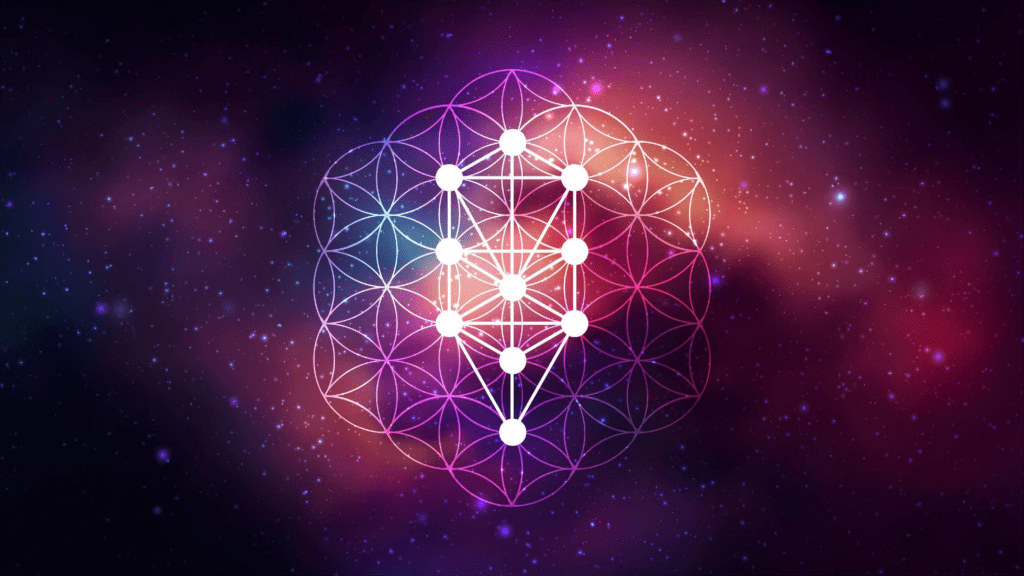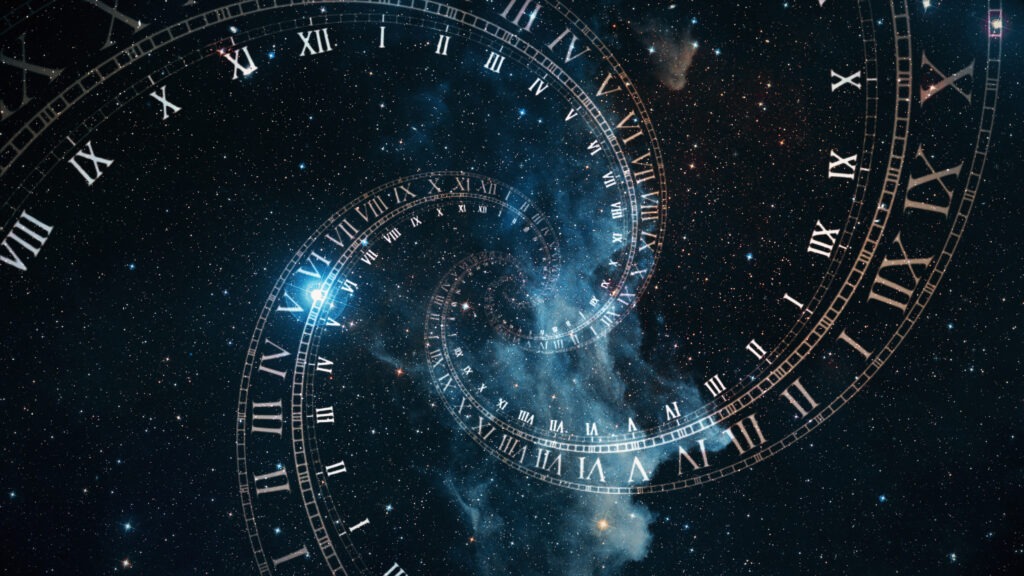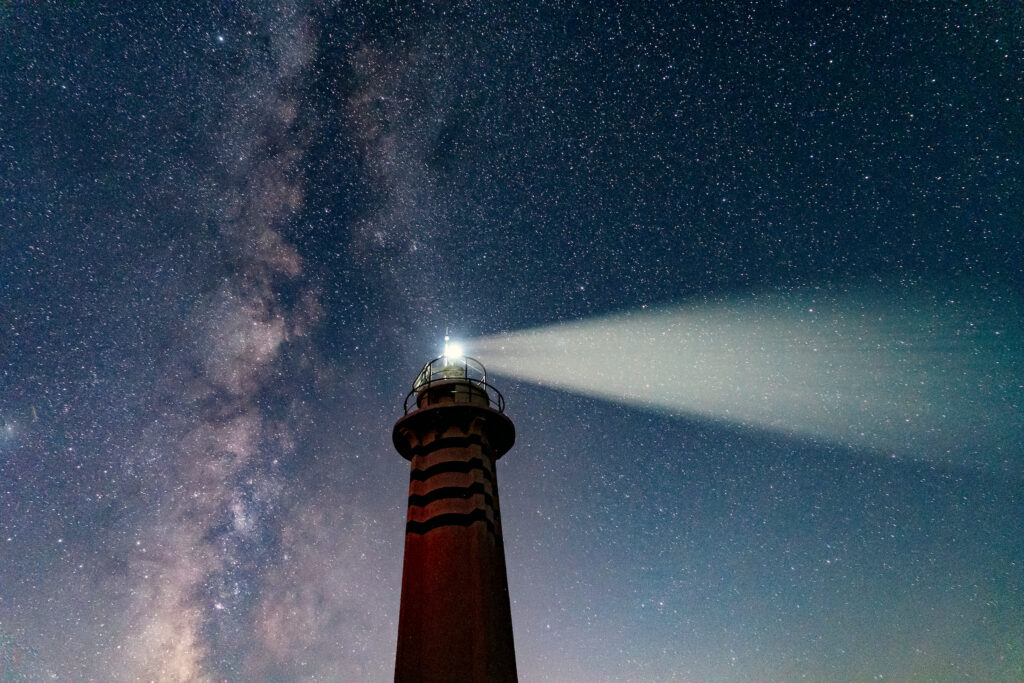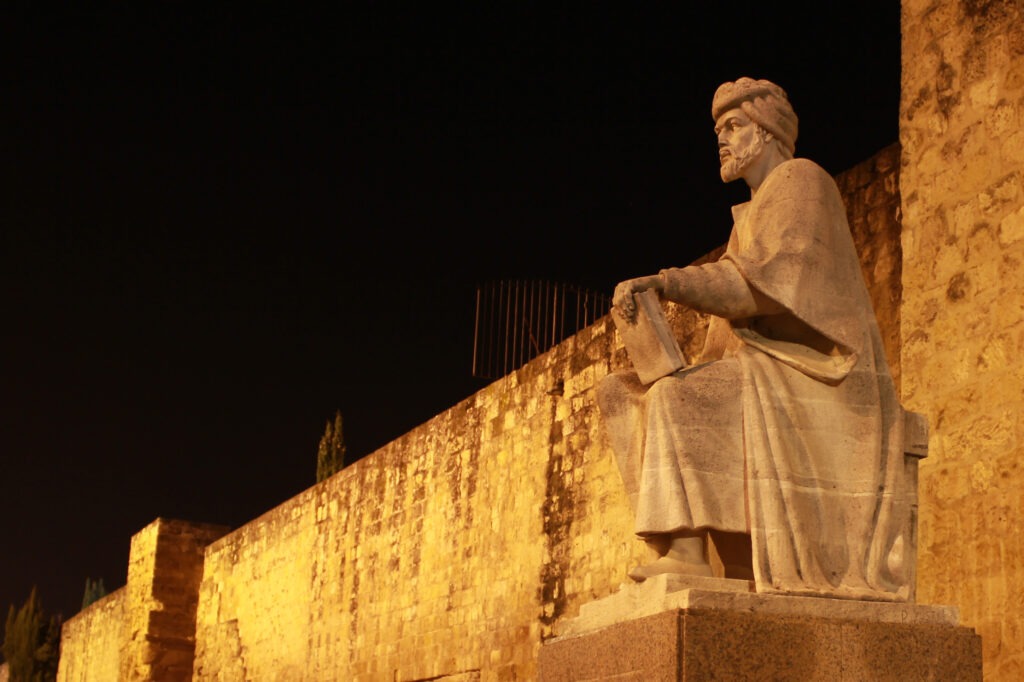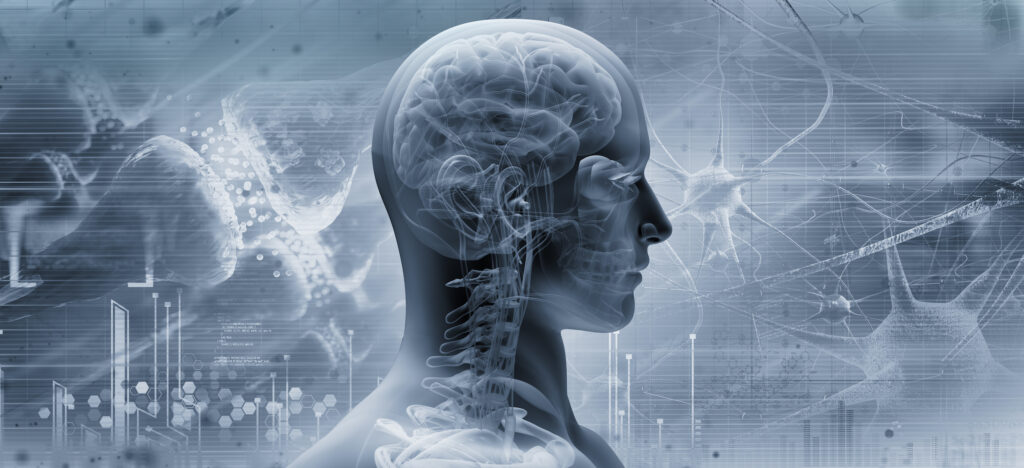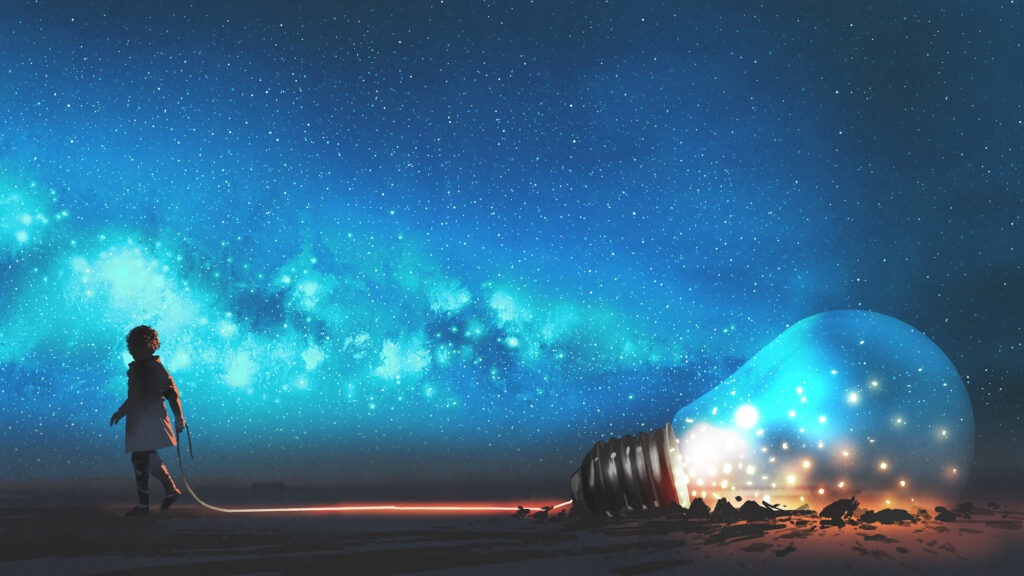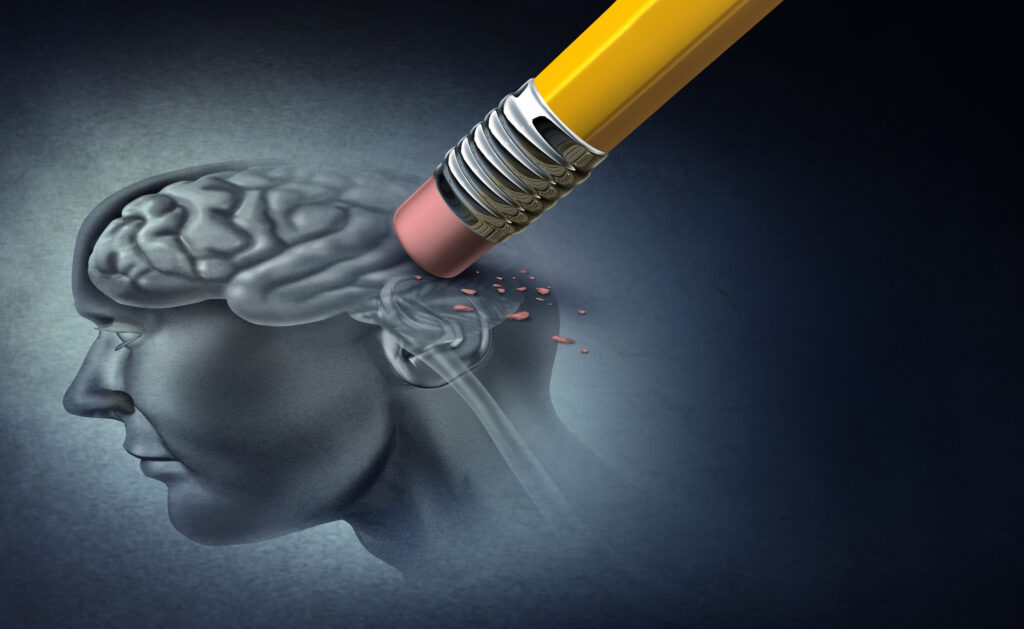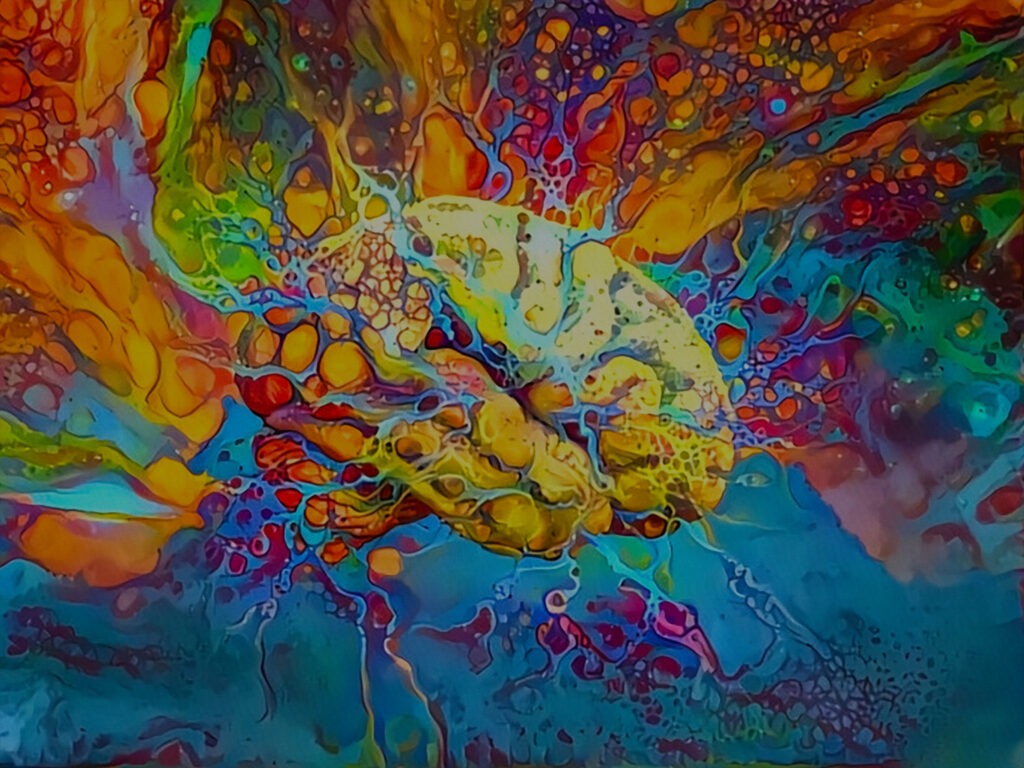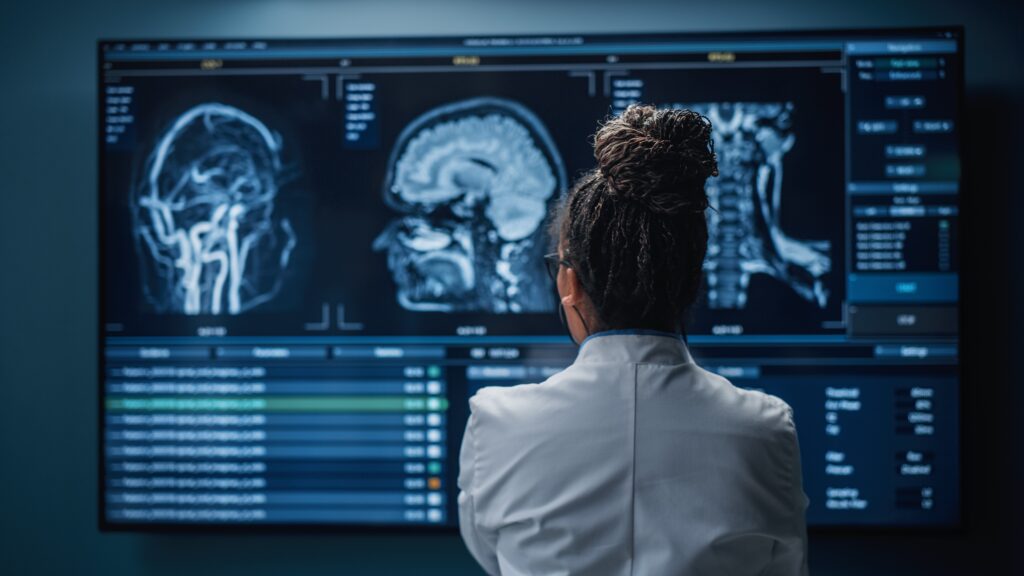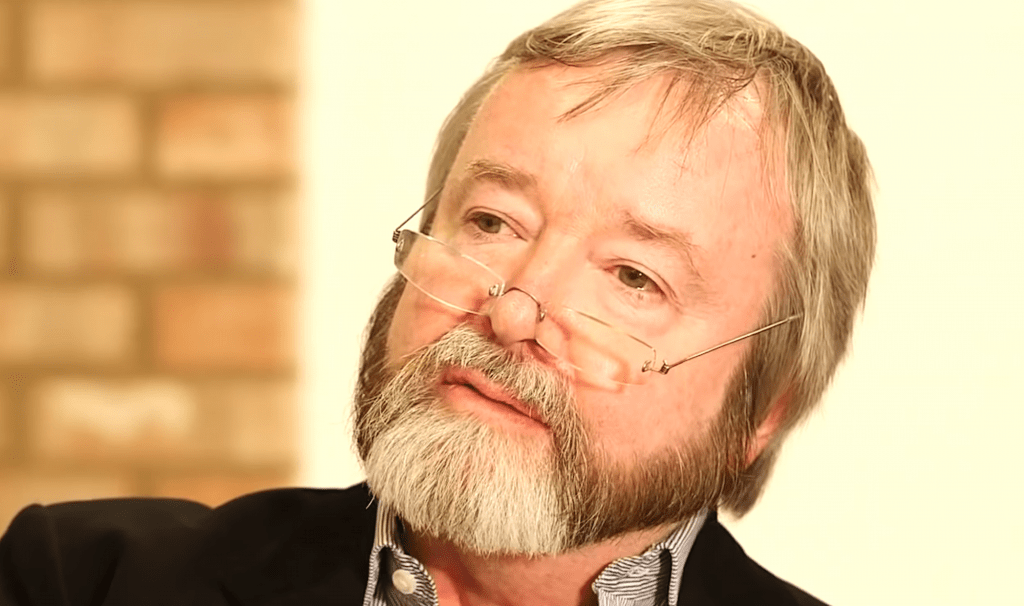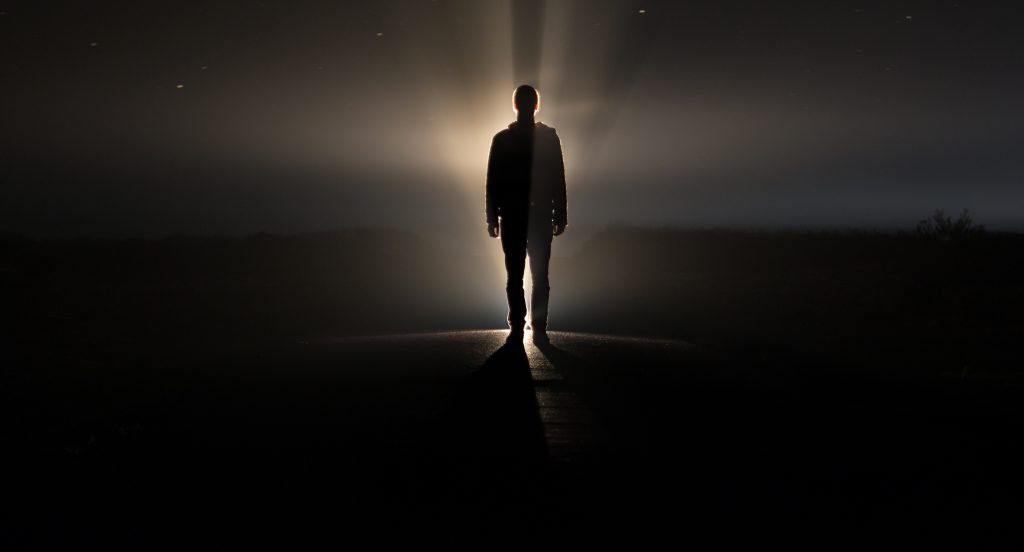A short introduction
Natalia Vorontsova holds a master’s degree in International Relations and has completed a postgraduate program in International Political Economy. She has worked for several major transnational corporations and volunteered in social programs aimed at helping families and women in difficult situations. Natalia has always been interested in non-duality and scientific ways of understanding reality, in the broadest sense. Currently, she works as Journalist and International Liaison for Essentia Foundation.Publications:
Over 2000 cases of past-life memories, NDE’s and OBE’s
In this interview, Dr. Philip Cozzolino, an associate professor of psychiatry and neurobehavioral sciences at the University of Virginia, talks with Natalia Vorontsova about his research results and methods for dealing with the fear of death. He also delves into intriguing reincarnation-like cases and past-life memories in children, as well as the metaphysical implications of his research.
Science can no longer ignore unexplained facts of nature
Dr. Edward Kelly, a professor of experimental psychology, talks about his many years of study of a variety of psi and anomalous phenomena. In this interview with Natalia Vorontsova, he candidly shares how phenomenological evidence has led him to re-examine his metaphysical views on the nature of reality. Are our minds confined to our brains? Do we survive our biological death? Is mind primary to matter? Why should we take anomalous phenomena seriously? These are some of the topics covered in this conversation.
Is consciousness the final reality? Bernardo Kastrup answers questions from our audience
This interview explores the fundamental premises of Analytic Idealism. Dr. Bernardo Kastrup, known for developing this philosophical system, discusses the nature of consciousness, life, God, and AI with Natalia Vorontsova. All questions are based on input from our audience.
Consciousness without neurons? Evidence and implications of out of body experiences
In this wide-ranging interview with Natalia Vorontsova, Professor Marjorie Woollacott draws remarkable parallels between 9th-10th century Kashmiri Shaivism and modern idealism, pointing to the fundamental and irreducible nature of consciousness. Moreover, her study of near-death experiences empirically supports this very hypothesis of the existence of a fundamental consciousness without neurons and beyond our five senses. This is an open conversation about life, death, and who we really are as ‘points of consciousness.’
Morphic fields: Nature’s hidden memory?
Can morphic resonance help explain the problem of missing heritability and why memories have not been found in the brain? And are ‘morphic fields’ the same thing as Michael Levin’s bioelectric ‘cognitive glue’? In this interview, Dr. Rupert Sheldrake discusses with Natalia Vorontsova his theory of morphic fields and its implications for our understanding of the mysteries of nature. Dr. Sheldrake is often called a most original thinker, perhaps because throughout his career he has managed to combine open-mindedness with critical scientific thinking.
The mystery of death
Natalia Vorontsova explores the mystery of death and its relationship with non-ordinary states of consciousness, such as tukdam and NDEs, including those reported by young children.
When even awareness stops: New meditation research
Can we turn off our awareness (i.e., conscious metacognition) in meditation and then stay in that state for days without water, food, or going to the bathroom? A recent study by Dr. Ruben Laukkonen on the cessation of awareness in advanced meditation practitioners confirms this. In this interview, Natalia Vorontsova talks with Ruben about his research and its implications for our understanding of the nature of reality. This is a deep, yet light-hearted, conversation about mind, consciousness, time, AI, and the future of science, especially since Ruben is also an experienced meditation practitioner.
Can we know the future? The science of precognition
Mainstream science still tends to dismiss extrasensory phenomena (ESP). However, these so-called ‘anomalous phenomena’ are key to understanding the nature of reality, claims Dr. Julia Mossbridge: “We are beginning to change the way we think as science enters the ‘maybe we got it all wrong’ phase.” In this interview, Natalia Vorontsova talks to Julia about her research in fields ranging from neuroscience and psychology to physiology and physics, tackling questions of free will, the nature of time, the mind-body problem, and key metaphysical implications.
Children’s unexplained experiences: From stories to science
What if your child could feel their friend’s headache in their own head? Would you be able to explain where the boundaries of self begin and end? Or how would you react if your child experienced ‘loving darkness’ during an NDE? Natalia Vorontsova explored these and other fundamental questions about the nature of reality, consciousness, and science with a researcher of children’s transpersonal and extrasensory experiences, Dr. Donna Thomas.
Blind man sees: Consciousness beyond the senses?
Does research on extra-ocular vision bring us closer to answering the question: is our consciousness produced by our brain? Natalia Vorontsova discusses the mind-brain relationship, the nature of reality, and the future of science with neuroscientist, physicist, and near-death experiencer Dr. Alex Gomez Marin.
Imagination is closer to truth than you think
Natalia Vorontsova talks to Dr Tom Cheetham about active imagination, consciousness and life-changing experiences in the context of the philosophy and theology of Henry Corbin, Ibn Arabi and Surhawardi. Tom offers a unique perspective on post-materialist science, having come full circle from scientific materialism through Jungian psychology and Sufi mysticism to the realization that science is not an obstacle to accessing the transcendent. It’s a thought-provoking conversation about the nature of reality and what it means to be human.
The amazing parallels between the Kabbalah and physics
In this interview, Natalia Vorontsova discusses consciousness and science from the perspective of Kabbalistic Panpsychism with Prof. Dr. Hyman Schipper. The parallels between quantum physics and the ancient Kabbalah are astonishing. Having studied the Kabbalah for many years, Dr Schipper also explains how this knowledge is applicable to many areas of thought and how it has impacted his life. It’s a frank and heart-warming conversation.
Higher dimensions of consciousness
Our brains do not produce consciousness, they ‘filter’ it and consciousness is related to the higher dimensions in string theory. In this thought-provoking conversation, distinguished Professor of mathematics and astronomy Bernard Carr explains his theory of consciousness and psi-phenomena.
Light or Darkness? Suhrawardī’s philosophy of illumination
Is the conflict between good and evil—light and darkness—ultimately a false dichotomy? Could nature be best described as a hierarchy of illumination instead? This brief essay is an introduction to the illuminationist thought of Persian philosopher and theologian Suhrawardī. It will hopefully make you curious about the work of this great thinker, and motivate you to study his legacy further.
Does the Renaissance have roots in Islamic philosophy?
Natalia Vorontsova interviews Prof. Peter Adamson about the importance of Islamic philosophy for Western thought. Although little known in the West, philosophers such as Ibn Sīnā (Avicenna) and Ibn Rushd (Averroes) played an absolutely crucial role in preserving, building on, and transmitting to the West the wisdom of Aristotle, Plato, and the Neoplatonists during the Middle Ages. Similarly, Suhrawardī’s Philosophy of Illumination and Ibn Arabī’s doctrine of the Unity of Being continue to influence Western thought to this day. If we want to understand the history of European philosophy, we cannot ignore these influential scholars and sages.
Trans-idealism: matter as the transcendence of mind
Bringing together Spinoza’s multi-modal monism and Hegel’s idealist ‘Absolute,’ and then folding them into a post-modern amalgamation, Prof. Moiseev discusses ‘trans-idealism’ and its relation to ‘trans-science.’
Consciousness beyond death, with Dr. Pim van Lommel
In his ground-breaking prospective study on Near Death Experiences (NDEs), cardiologist Dr. van Lommel concluded that merely physiological explanations are inadequate. In this in-depth interview, Essentia Foundation’s Natalia Vorontsova discusses the philosophical implications on these findings with Dr. van Lommel.
Imagination as the ground of reality, with Patrick Harpur
In this wide-ranging interview, one of our favorite scholars, Patrick Harpur, discusses the fundamental role of the imagination in human history, the human mind, and reality at large. He also discusses the daimons, those elusive, contradictory figures who inhabit minds and the world, but who appear only to those with the eyes to see. Harpur’s extensive, extraordinary, life-transforming body of work is one of the most criminally underrated in modern scholarship.
Consciousness beyond brain function, with neurosurgeon Dr. Eben Alexander
On this Christmas day, when many of us think of departed loved ones, we have a holiday special for you: A frank conversation with neurosurgeon and near-death experiencer Dr. Eben Alexander, on the survival of consciousness beyond brain function. Buckle up, for this is an amazing journey (quite literally) where scientific reasoning and direct experience must somehow hold hands, despite seeming contradictions.
Consciousness cannot be reduced to brain activity: Doctor Raymond Tallis on the mind-body problem
Professor Tallis—a philosopher, poet, novelist, cultural critic, retired medical physician and clinical neuroscientist—discusses the relationship between mind and brain, as well as the big questions about the nature of reality.
Can brain anatomy and function account for psychiatric conditions?
In this in-depth interview, Prof. dr. Sarah Durston discusses the limitations of trying to account for psychiatric conditions based solely on measurable brain anatomy and function. Her candid answers may surprise those who think that brain-reductionism rests on solid ground for at least the most common psychiatric conditions.
Physicist and inventor of the microprocessor, Federico Faggin, on life, the universe and everything
Physicist Federico Faggin is the inventor of both the microprocessor and silicon gate technology, and probably the world’s most well rounded idealist alive. This interview is an open, free-ranging but very accessible conversation with Mr. Faggin.
Interview with Dr. Iain McGilchrist, on the nature of reality (Part 2)
Here is the second and final part of our interview with Dr. Iain McGilchrist, on the nature of reality. Unmissable!
Interview with Dr. Iain McGilchrist, on consciousness and its role in nature
Essentia Foundation’s Natalia Vorontsova interviews psychiatrist and author Dr. Iain McGilchrist about his new work, “The Matter with Things,” and the role of consciousness in nature. Unmissable!
The eternal background of consciousness: An interview with Prof. Vyacheslav Moiseev
When a special kind of ‘beingness’ organizes itself by taking on form, it presents itself to itself, from within, against its own background, thereby igniting consciousness into existence.
Let us build the future of our culture together
Essentia Foundation is a registered non-profit committed to making its content as accessible as possible. Therefore, we depend on contributions from people like you to continue to do our work. There are many ways to contribute.








